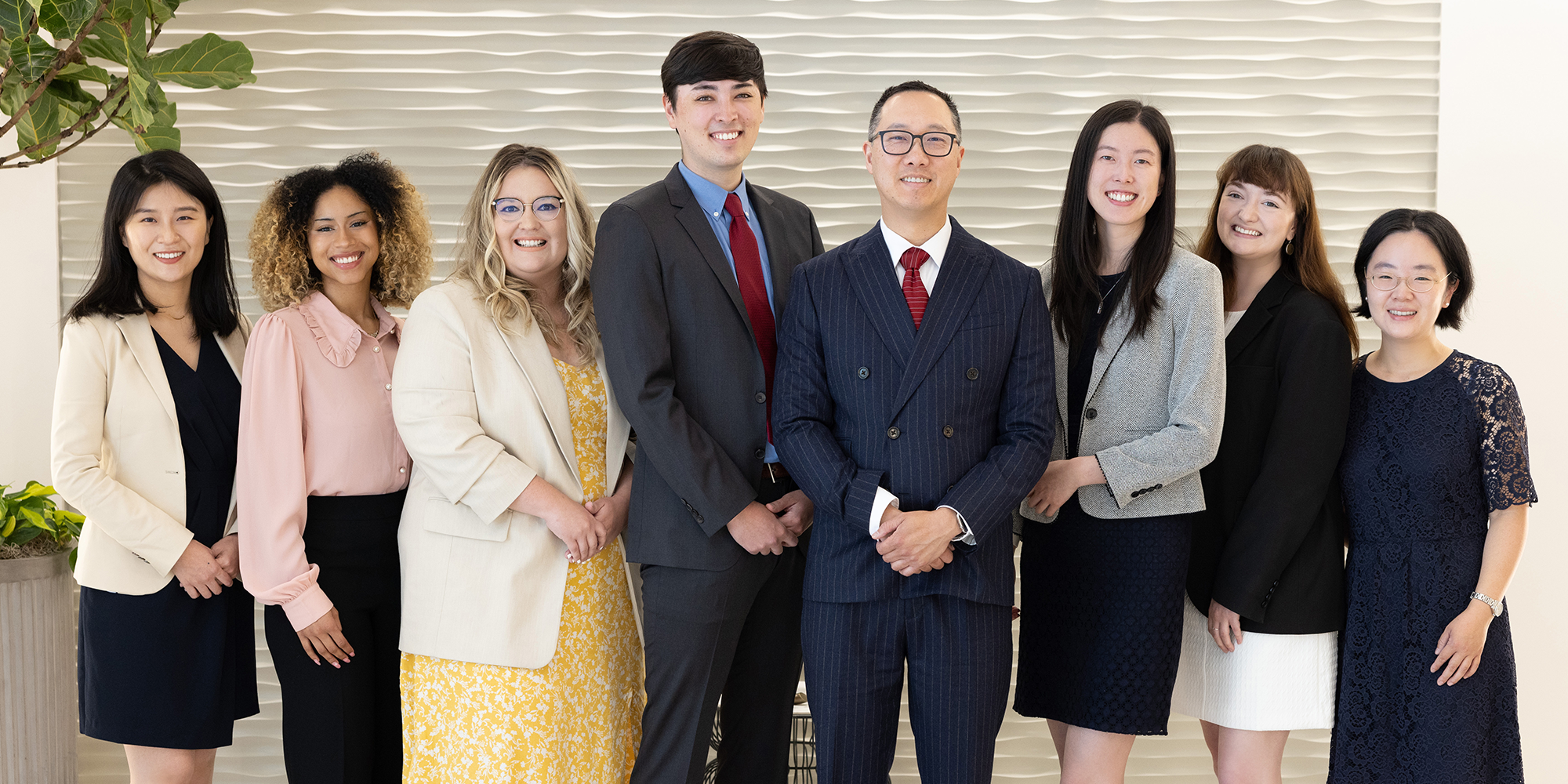K-1 Visas: Bringing Your Fiancé To The United States
If you are engaged to be married to a U.S. citizen, you may petition for a K-1 visa. The K-1 visa requires a marriage ceremony to occur within 90 days of entry to the United States. Once the beneficiary has married, they can apply for a green card to become a legal permanent resident of the United States. Spouses of U.S. citizens enjoy shorter wait periods on the path to citizenship and, in some cases, they can also apply to bring their children with them to the United States.
Common Questions And Answers About K-1 Visas
Does my relationship qualify for a K-1 visa?
To qualify for a K-1 visa, the petitioner must be a U.S. citizen. Additionally, the couple must have met each other in person within 2 years prior to the filing, be legally able to marry, and have specific plans to marry.
Are there any exceptions to the rule regarding having met each other during the 2-year courtship period?
This two-year rule may be waived if the in-person meeting would cause extreme hardship to the petitioner or would violate strict and long-established customs of the beneficiary’s foreign culture or social practice. In order to qualify for a “violation of custom” waiver, the petitioner must also establish that all aspects of the traditional arrangements have been or will be met in accordance with traditional arrangements in that culture.
What kind of evidence do I need to prove that my relationship is bona fide, and we intend to marry?
Evidence such as photographs, videos, email or other correspondence exchanges, plane ticket receipts, phone bills, etc. can all be submitted as well as any specific wedding plans, letter from the wedding officiant, honeymoon plans/reservations, etc. are acceptable.
Once my petition is approved, does that ensure the visa will be granted?
Approval of the petition does not ensure that the visa will be granted. Once the petition is approved, it is then sent to the National Visa Center of the State Department, which then forwards it to the Embassy or Consulate nearest the foreign national. After that, an interview is conducted and if the Department of State deems the beneficiary approvable, they will issue a visa to enter the United States on K-1 status.
Does anything special have to happen prior to the interview?
Prior to the interview, the foreign fiancé’s petitioner will need to begin the K-1 process by filing Form I-129F. Once the I-129F is approved, the foreign fiancé(e) to apply for a K-1 visa by completing Form DS-160 Nonimmigrant Visa Application online. If an application for a K-1 visa is not filed within four months, the petition will expire.
Are there any financial considerations for the U.S. citizen intending to bring their foreign-born spouse to the United States on a K-visa?
Yes, one requirement for the petitioning fiancé is to demonstrate that they have sufficient income to support their fiancé when he or she gets to the U.S. USCIS reviews income evidence to ensure that the petitioner meets the minimum income requirements which mandates that the petitioner’s meets or exceed 100% of the HHS poverty guidelines.
What can a U.S. citizen do if their financial situation does not meet the above-named financial requirement?
If necessary, you can enlist a co-sponsor to meet the income requirement.
Are there any additional forms that need to be filed?
After arrival, all K nonimmigrants are required to file Form I-485 to apply to register for permanent residence in the United States and adjust status.
Can the minor children of my future spouse also get admission to the United States?
Yes, minor children can also accompany your fiancé by applying for a K-2 visa. Admitting minor stepchildren can be complete with a K-4 visa.
What are the qualifications for minor children to accompany the intended spouse of a U.S. citizen?
The child must be less than 21 years old, single and seeking to immigrate to the U.S.
Can the intended spouse or the child of an intended spouse of a U.S. Citizen legally work in the U.S.?
Upon receipt of the K-visa, either party may apply for a work permit using Form I-765, Application for Employment Authorization.
If I enter the United States as a relative of a U.S. Citizen and the marriage does not last, can I continue with my application in conjunction with another U.S. citizen if I happen to be in a different union?
K nonimmigrants may only adjust status as a permanent resident through the same U.S. citizen (fiancé, spouse, or stepparent) that petitioned for them to receive their K visa status.
If I had a medical examination prior to admission as a K nonimmigrant, am I required to have another medical examination at time of adjustment?
You do not need another medical examination if you meet the following criteria:
- You file a Form I-485 within one year of your medical examination
- You were not found to have a Class A medical condition during the exam
- If you have a Class A medical condition, you must have received a waiver of inadmissibility and adhered to its terms
If there is no need to require a new medical examination, do I still have to prove that I have complied with vaccination requirements?
Yes. You must still prove that you are in compliance with the vaccine requirements even if you do not require a new medical examination.
As a green card holder married to a U.S. citizen. How long after I receive my green card can I become a U.S. citizen?
After meeting some residency requirements (present in the U.S. for at least 18 months of the prior 3-year period), from green card to U.S. citizenship would take approximately 3 years. Please consult with an attorney if you intend to become a U.S. citizen but will be living as a green card holder for extended periods of time outside of the United States.
We Can Answer You Family Immigration Questions
At Fok Immigration Law, we have more than 15 years of experience uniting families in the United States. If you have any questions about the process, please call our San Jose office at 408-606-8911. You can also contact our California immigration attorneys online.


